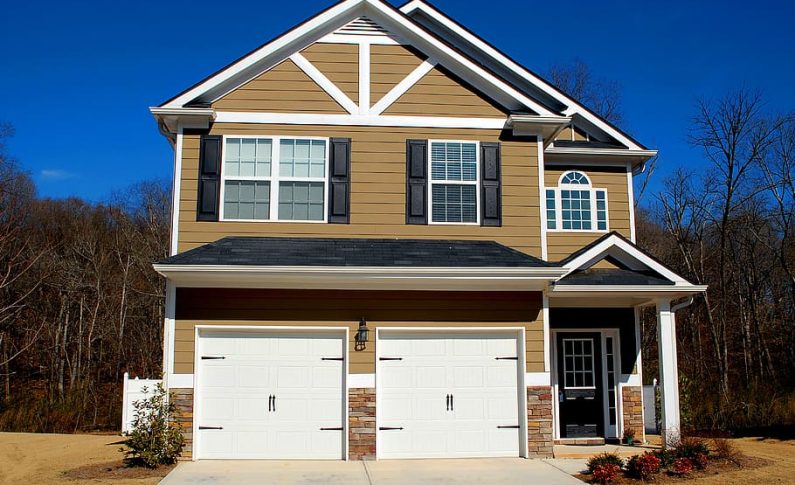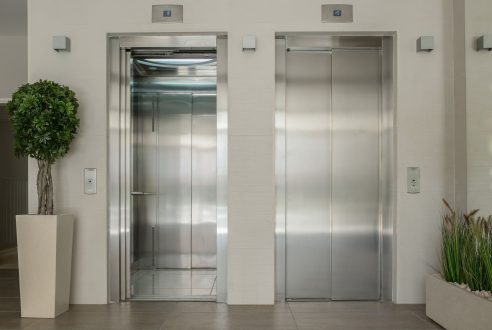How About Buying a Garage
Summary
– Formalities for buying a garage
– Buying a garage: the charges
– Buying a garage as an investment
Whether it is to make a profitable investment or to benefit from an outbuilding and save time by facilitating the parking of your vehicle, you have the possibility of buying an independent garage or as an annex to a property purchase.
Formalities for buying a garage
If you buy a garage as part of a real estate project, you will have no additional formalities to perform: the garage is mentioned in the real estate deed of sale. On the other hand, if you are buying an independent garage, you will have to carry out several formalities, even if these are less regulated than in the case of a housing purchase.
You will have to:
– Formulate your intention to purchase by signing an offer to purchase.
– If the owner agrees with your offer, you will sign a promise to sell or a preliminary sales agreement, either privately or with a notary, at your convenience.
– Receive from the owner specific mandatory diagnostics:
◦ asbestos diagnosis for garages built before 1997;
◦ termite diagnosis if the commune is concerned;
◦ the state of natural and technological risks (form of risks and pollution – natural, mining or technological hazards, seismicity, radon potential and polluted soils);
◦ the report of risks of exposure to lead for garages built before 1949;
◦ the gas diagnosis if a gas device has been installed for more than 15 years;
◦ the electricity diagnosis if the electrical installations are more than 15 years old.
– Sign a deed of sale with a notary with the owner.
Important: the withdrawal period of 10 days from the signing is not mandatory; it is an option. Similarly, the suspensive condition in a mortgage application is not necessarily included. It is up to you to agree with the owner to define these different conditions. The suspensive conditions must result from a discussion between the seller and the buyer. The law is silent on this subject in the case of the acquisition of a garage.
Buying a garage: the charges

The purchase of a garage implies the payment of various charges:
– notary fees when signing the deed of sale;
– the land tax;
– the co-ownership charges, when the garage is located in a property in co-ownership;
If the garage is an outbuilding of your home or is located less than 1 km from it, the housing tax.
Note: maintenance costs are reduced: the cost and regularity of maintenance are low.
The acquisition of a garage constitutes security in reducing the risks of fines or removing the vehicle. It is thus a long-term saving that can prove to be very beneficial. The possible fines and impound fees should not concern you anymore.
Buying a garage as an investment
The purchase of a garage can represent an exciting investment, more profitable than an investment in housing because of less critical charges. The profitability of this investment is generally between 6 and 8%.
The price of a garage is relatively accessible, ranging from a few thousand dollars to several tens of thousands of dollars. It depends mainly on:
– the location of the property;
– the nature of the garage or parking space: the basement level and the access conditions (first levels, the proximity of the entrance or exit of the parking, proximity of the elevators, etc.).
Tip: First, it is advisable to find out about the local market. Is it easy to park in the neighbourhood? Are there public parking facilities in the area? Is there a correlation between demand and supply? If demand is higher than supply, finding a tenant should be easy. This is especially true in large cities where parking spaces are scarce. This phenomenon is further accentuated by car restriction policies, as parking spaces are regularly removed.
Good to know: the rental of a garage not accompanied by an apartment is subject to the system of free rentals: you are free to define the rental contract. The rent is therefore not capped. However, if you rent the garage as an annex to a house, the garage must be mentioned in the rental contract for the house.



